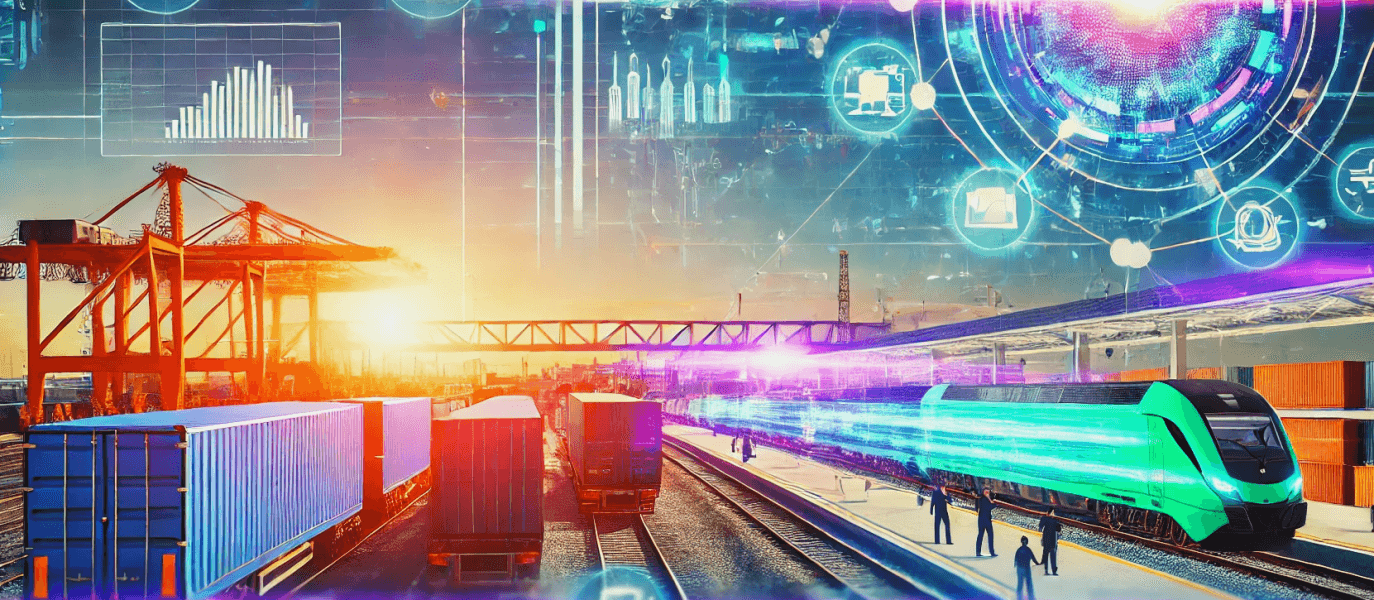Jul 1, 2024

The European Union is increasingly prioritizing a shift towards rail transport as part of its broader strategy to enhance sustainability and reduce carbon emissions. Embracing intermodal rail and road transport offers significant environmental and economic benefits. However, the journey towards seamless integration faces several challenges that require innovative solutions.
Creating integrated platforms where rail and road operators can collaborate, share data, and track shipments in real-time is vital for managing the complexity of intermodal logistics.
Interoperability
One of the primary obstacles is the lack of interoperability between different modes of transport. Rail and road transport systems often operate independently, creating a bottleneck in the logistics chain. Developing container transportation as well as specialized platforms and terminals for piggyback semi-trailers transportation via railway transport can address these issues reducing delays and improving efficiency.
Investments
However, implementing intermodal solutions necessitates substantial investment. Specialized platforms, containers and terminals that facilitate smooth transitions between rail and road are essential, yet costly. Leveraging the shared economy can mitigate the high investment costs. Interested parties can participate in shared ownership models, spreading the financial burden and facilitating broader adoption of intermodal transport solutions.
Complexity of operations
Managing and coordinating multimodal conveyance adds a layer of complexity. Tracking shipments across different transport modes and ensuring timely delivery while minimizing costs is a significant challenge.
IT Integration
Efficient data exchange and real-time tracking are essential for the smooth functioning of intermodal transport while the integration of IT solutions between rail and road operators is often hampered by compatibility issues and vendor lock-in. Moreover, it brings the risk of sharing sensitive data or losing digital sovereignty of data owners. The Industrial Data Spaces (IDS) initiative facilitates the secure exchange and easy linkage of data in business ecosystems providing a basis for creating and using smart services and innovative business processes.
Conclusion
The future of intermodal rail and road transport in the EU hinges on innovative solutions and collaborative efforts. We believe that establishing a decentralized collaboration platform can significantly contribute to overcoming current challenges.
Such a platform would enable stakeholders to:
plan operations using both owned and third-party assets efficiently;
facilitate transparent and secure transactions based on smart-contracts;
exchange data with partners and customers to enhance performance and reduce costs;
invest in and manage assets such as semi-trailers and specialized containers using Decentralized Autonomous Organization (DAO) framework based on blockchain technology.